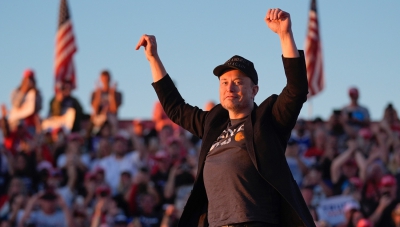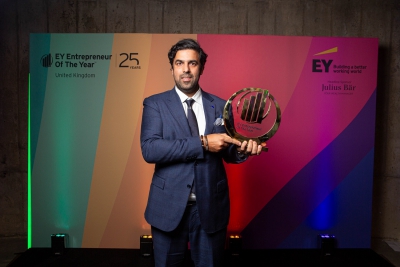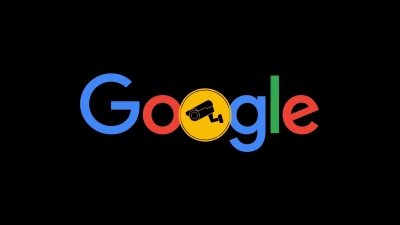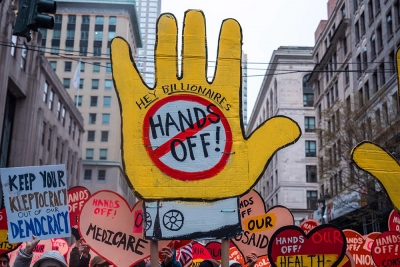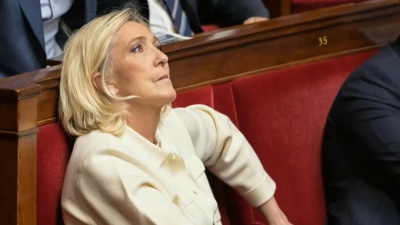Altman and some investors in the for-profit sector have been pushing for a clean separation from nonprofits.
On December 26, local time, artificial intelligence giant OpenAI released an article titled "Why OpenAl's Structure Must Evolve To Advance Our Mission? A stronger non-profit supported by the for-profit's success ".

OpenAI plans to convert the existing for-profit company into a Public Benefit Corporation (PBC), owning common stock and making OpenAI's mission its public benefit. A PBC is a structure used by many other corporations that requires the company to balance shareholder interests, stakeholder interests, and the public interest in decision-making.
OpenAI adopted a two-tier management structure and became a for-profit department with a non-profit board of directors composed of nine people including Altman. Under the new structure, shareholders, including Microsoft, will directly hold equity in the company, rather than just shares with rights to future profit distributions.

In terms of commercial transformation, shareholders including Microsoft are obviously happy to see the results.
AGI = $100 billion?
According to 'The Information', the agreement reached between Microsoft and OpenAI last year set a specific commercial threshold for AGI for the first time
AGI will only be achieved if the AI systems developed by OpenAI have the ability to generate $100 billion in profits.
Once OpenAI reaches AGI levels, it can terminate its exclusive partnership with Microsoft.
It has been reported that OpenAI expects revenue to reach US$4 billion this year and is expected to exceed US$100 billion by 2029. Among them, the business that brings the largest share of revenue comes from ChatGPT.
In view of such amazing growth prospects, the terms of the cooperation previously reached with Microsoft, including 20% revenue sharing and dependence on its servers, have become increasingly burdensome for OpenAI.
Altman said frankly at a meeting in December last year, "I will not deny that there are differences and challenges between OpenAI and Microsoft. This obviously exists objectively."

If OpenAI continues to maintain its current growth momentum, Microsoft may not choose to divest.
The battle over cloud service agreements
Another important conflict between OpenAI and Microsoft lies in their cloud computing cooperation agreement.
According to the contract, Microsoft is not only OpenAI's exclusive cloud server supplier, but also the only company allowed to resell OpenAI models to cloud computing customers.
As shown in the figure below, Microsoft invested more than US$13 billion in OpenAI, obtaining 20% of OpenAI's equity, and future profits capped at US$92 billion. Its Azure is the exclusive cloud service provider of OpenAI, with annual expenses exceeding US$1 billion.

However, OpenAI is quite dissatisfied with this, believing that Microsoft cannot meet its server needs for training and running AI models.
Some OpenAI executives also believe that if other cloud service providers such as Amazon and Google can be allowed to participate in model resale, the company's revenue is expected to increase significantly.
In Abilene, Texas, OpenAI has even begun direct negotiations with suppliers such as Oracle to obtain the right to use AI servers by the middle of next year.
However, since Microsoft has obtained the right to veto OpenAI's cooperation with other cloud providers in previous negotiations, the deal may need to obtain Microsoft's approval before it can finally be implemented.
Although Microsoft CEO Satya Nadella did not directly respond to this tension, he admitted that it is indeed not easy to keep up with the rapid pace of OpenAI and Ultraman. While he praised Altman as an "extraordinary entrepreneur with vision and ambition," he emphasized the need for the two companies to find a balance.
During this period, OpenAI also received unexpected help from Microsoft's competitors - Google has applied to US regulators to review and split the cloud service agreement between Microsoft and OpenAI on antitrust grounds.
Musk VS Altman

In addition to business negotiations, the pursuit and interception from the former "talent scout" Musk and others has also become a roadblock to OpenAI's transformation.
Musk, the co-founder of OpenAI who once tried to take over the company, filed a lawsuit to prevent OpenAI from turning into a for-profit organization. He believes that this change deviates from OpenAI’s original purpose of developing AI to “benefit all mankind.”
Moreover, Musk’s actions have been supported by Meta, another competitor of OpenAI. Meta even wrote to the Attorney General, bluntly stating that OpenAI’s actions may have a seismic impact on Silicon Valley.

"OpenAI's actions may have a huge impact on Silicon Valley. If OpenAI's new business model is recognized, non-profit investors will be able to obtain the same profits as investing in for-profit companies through traditional methods, while also enjoying the tax breaks provided by the government .
OpenAI’s road to commercial transformation is still full of difficulties. Maybe two years later, Altman will wake up one day and want to draw a perfect dividing line between profit and mission, only to find that this may be a non-existent solution.




